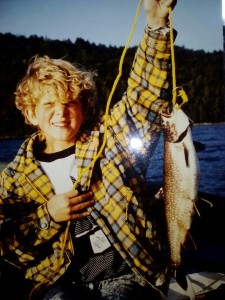Write what you know. Not what you studied in college. So you degreed in Middle Ages weaponry. That’s still not what you know.
What you know is tennis because your father made you play every Saturday of your young life. You hate the sport now, but you could write a book about the feel of a tennis racket in hand. You could detail for pages the sound of tennis shoes on that green painted court. You know tennis.
I have a friend who wants to write romantic, historical fiction. She loves the Renaissance period in English history. This friend also happened to grow up with two alcoholic parents. One night on my deck she recounted her childhood. Her voice took on authority when she described alcoholism. It’s what she knows.
I think I might have offended this friend when I said, “I don’t want to read your novels unless there’s at least one drunkard in every story.”
“Why?” she asked, alarmed.
“Because you know about drunks, and your characters should show it. Use that deep knowledge in your writing.” Write what you know.
What you know usually isn’t sexy. It can be scary to go digging through old closets. Sometimes it’s surprising what surfaces.
Turns out I know about fishing. My father took his four children fishing every summer of my childhood. Strangely, my body understands lures, choppy waves under a boat and the smell of fish carcass. Not exactly material for small talk at parties, but it’s what I know deep down, so I’d better use it my writing. Even in my book about growing up inside the Billy Graham Evangelistic Association, you’ll find traces of this fish knowledge in my metaphors.
My authority as a writer hinges on my willingness to use what I know. We don’t get to choose our childhoods; however, what we endured, experienced or suffered becomes our authority. So then, what do you know?


